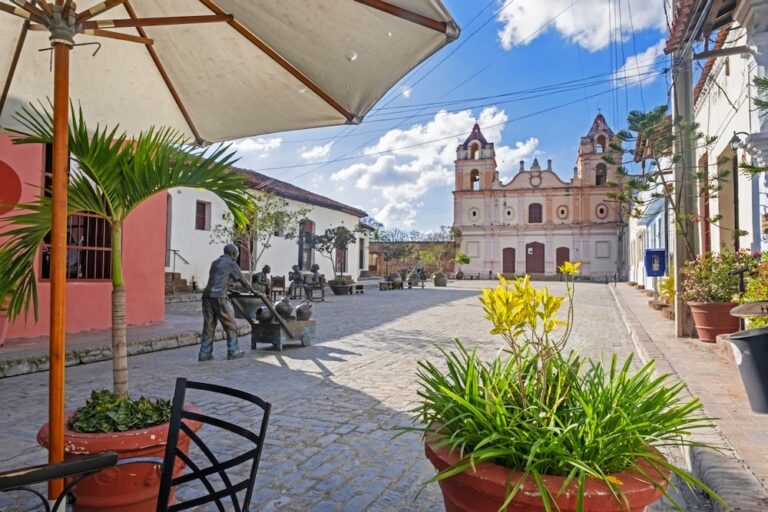(RSF/IFEX) – In a letter to General Abelardo Colome Ibarra, the minister of the interior, RSF Secretary-General Robert Ménard “condemns the constant pressure that (journalists) Amarilys Cortina, Gustavo Carrero and Margarita Yero have been subject to.” Reminding the minister that the right to freedom of thought and expression is guaranteed by Article 19 of the […]
(RSF/IFEX) – In a letter to General Abelardo Colome Ibarra, the minister of the interior, RSF Secretary-General Robert Ménard “condemns the constant pressure that (journalists) Amarilys Cortina, Gustavo Carrero and Margarita Yero have been subject to.” Reminding the minister that the right to freedom of thought and expression is guaranteed by Article 19 of the Universal Declaration of Human Rights, RSF asked the Cuban minister “to see to it that the pressure faced by the journalists ends, and that the three journalists who are currently imprisoned be released.”
On 8 February 2000, an officer of the Department of State Security (Departamento de Seguridad del Estado, DSE) arrived at Cortina’s house and informed the journalist, who works with the Cuba Verdad agency, that he had orders to arrest her. The journalist refused to go with the police officer, as he did not present an official court order for her arrest. This is the third time that state police have attempted to arrest the journalist, deeming her journalistic activities illegal.
In the early morning of 6 February, Carrero, of the NotiCuba agency, received two threatening telephone calls. The caller accused him of being a “counter-revolutionary.” Three hours earlier, an unknown individual threw rocks at the journalist’s vehicle.
On 30 January, Yero, a correspondent for the Cuba Press agency in Santiago de Cuba (eastern region of the island), was intercepted by three DSE officers after she finished interviewing a member of the opposition. The police officers confiscated her notes.
Independent journalists in Cuba are faced with constant harassment, as only the state press is recognised. In 1999, four journalists were forced into exile, 50 were detained and 41were placed under house arrest. Three journalists remain imprisoned: Bernardo Arévalo Padron, Manuel Antonio González Castellanos and Jesús Joel Díaz Hernández. The first two were charged for “contempt” against the head of state and sentenced to twenty-seven months and six years in prison, respectively. The third journalist was arrested on 18 January 1999 and sentenced the following day to four years in prison for “being a danger to society”.


